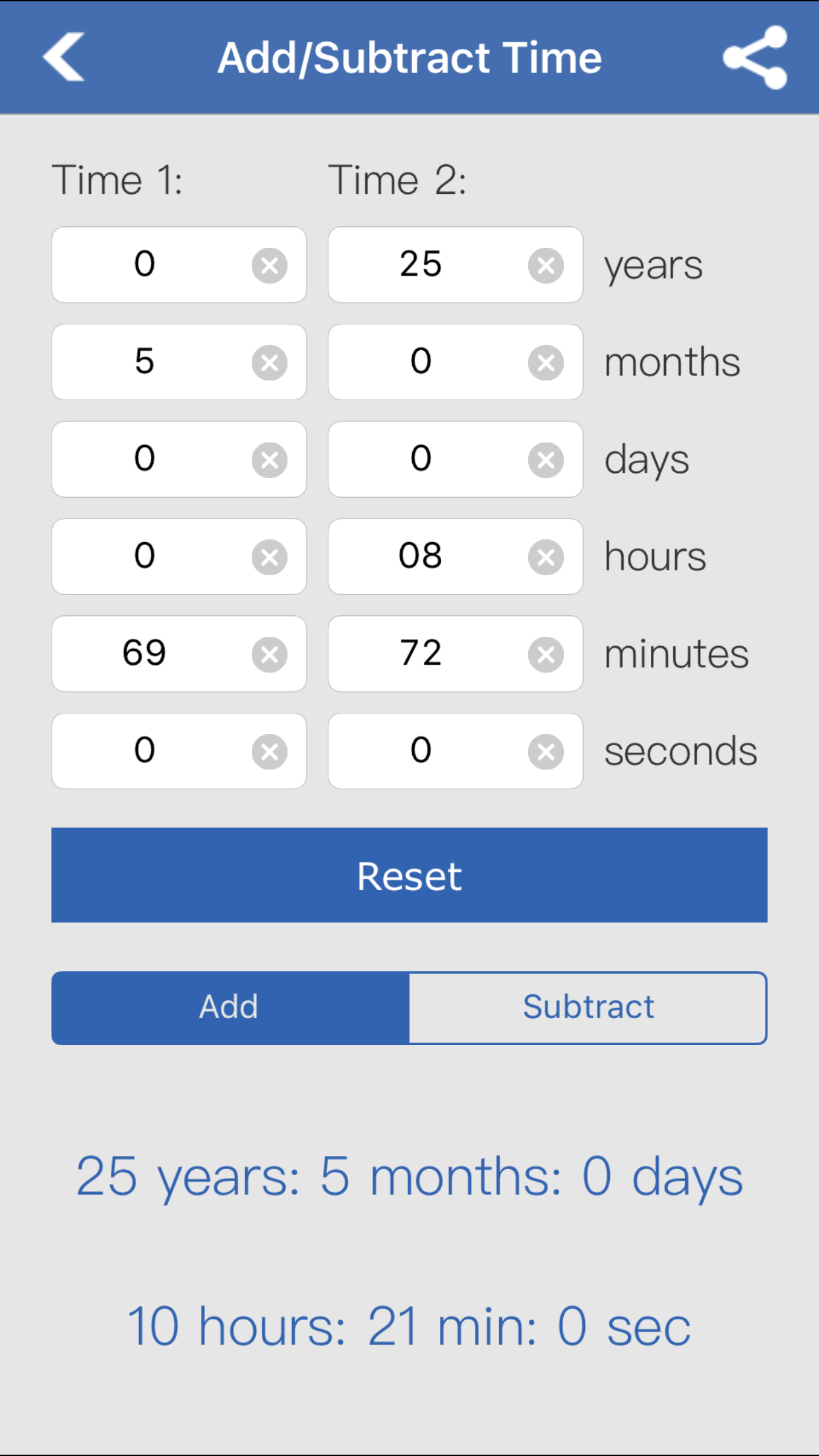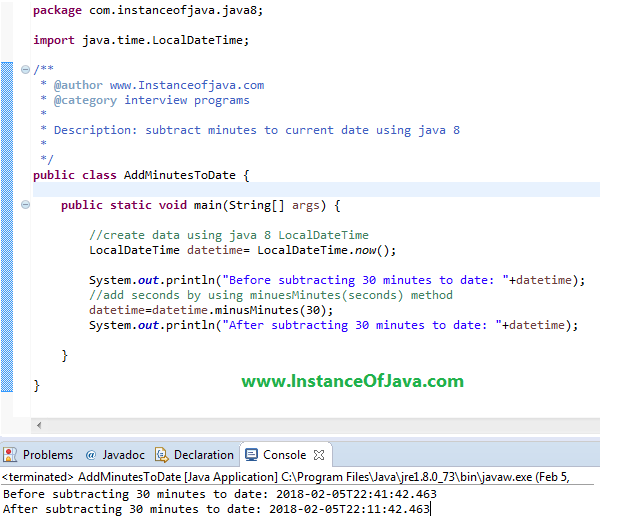

Print('Final Time (30 minutes ahead of given time ): ', final_time)įinal Time (30 minutes ahead of given time ): 20:51:58.432312įinal Time as string object: 20:51:58.432312 # Subtract 30 minutes from datetime objectįinal_time = given_time - relativedelta(minutes=n) Subtract 30 minutes from a timestamp in python from datetime import datetimeįrom dateutil.relativedelta import relativedelta So, to subtract minutes from a given timestamp, we can create a relativedelta object to represents the interval in minutes and then subtract it from the datetime object containing give date. Year, Month, Day, Hours, Minutes, Seconds and Microseconds. The relativedelta class has all the attributes to represent a duration i.e. In python, the dateutil module provides a class relativedelta, which represents an interval of time. Subtract minutes from given timestamp in python using relativedelta It returned a new datetime object pointing to a new timestamp i.e. Then we subtracted this DateOffset object to the datetime object. We created a DateOffset object by passing minutes argument as 3. Print('Final Time (3 minutes ahead of given time ): ', final_time)įinal Time (3 minutes ahead of given time ): 21:18:58.432312įinal Time as string object: 21:18:58.432312 # Subtract 3 minutes from datetime objectįinal_time = given_time - pd.DateOffset(minutes=n) Subtract 3 minutes from a datetime in python from datetime import datetime It can be used with datetime module to subtract N minutes from a datetime. It is mostly used to increment or decrement a timestamp. Pandas provide a class DateOffset, to store the duration or interval information. Subtract minutes from given timestamp in Python using Pandas Print('Final Time as string object: ', final_time_str)įinal Time (2 minutes ahead of given time ): 21:19:58.432312įinal Time as string object: 21:19:58.432312 # Convert datetime object to string in specific formatįinal_time_str = final_time.strftime('%d/%m/%Y %H:%M:%S.%f') Print('Final Time (2 minutes ahead of given time ): ', final_time)


# Subtract 2 minutes from datetime objectįinal_time = given_time - timedelta(minutes=n) Given_time = datetime.strptime(timestamp, date_format_str) # create datetime object from timestamp string Subtract 2 minutes from a timestamp in python from datetime import datetime You can pass the format string as argument and it will convert the datetime object to a string of the specified format. Step 4: If you want the final timestamp in string format, then convert the datetime object to string using strftime(). It will give us a new datetime object, pointing to a new timestamp i.e. Step 3: Subtract the timedelta object from the datetime object in step 1. For that, pass the argument minutes with value N in the timedelta constructor. Step 2: Create an object of timedelta, to represent an interval of N minutes. Step 1: If the given timestamp is in a string format, then we need to convert it to the datetime object. Steps to subtract N minutes from datetime are as follows, The timedelta represents a duration, that represents the difference between two dates or times or datetimes. To subtract minutes from a given timestamp, we are going to use the datetime and timedelta classes of the datetime module. It consists of following classes – date, time, datetime, timedelta and tzinfo. Python provides a module datetime for manipulation of date and time.
DATETIME MINUS MINUTES HOW TO
Let’s see how to do that, Subtract minutes from a timestamp in Python using timedelta

But you want the final timestamp after subtracting N minutes, in the given string format. Suppose you have a timestamp as string and you want to subtract N minutes from it, where N can be any number. In this article, we will discuss three different ways to subtract minutes from a given timestamp in python using timedelta, pandas or relativedelta.


 0 kommentar(er)
0 kommentar(er)
